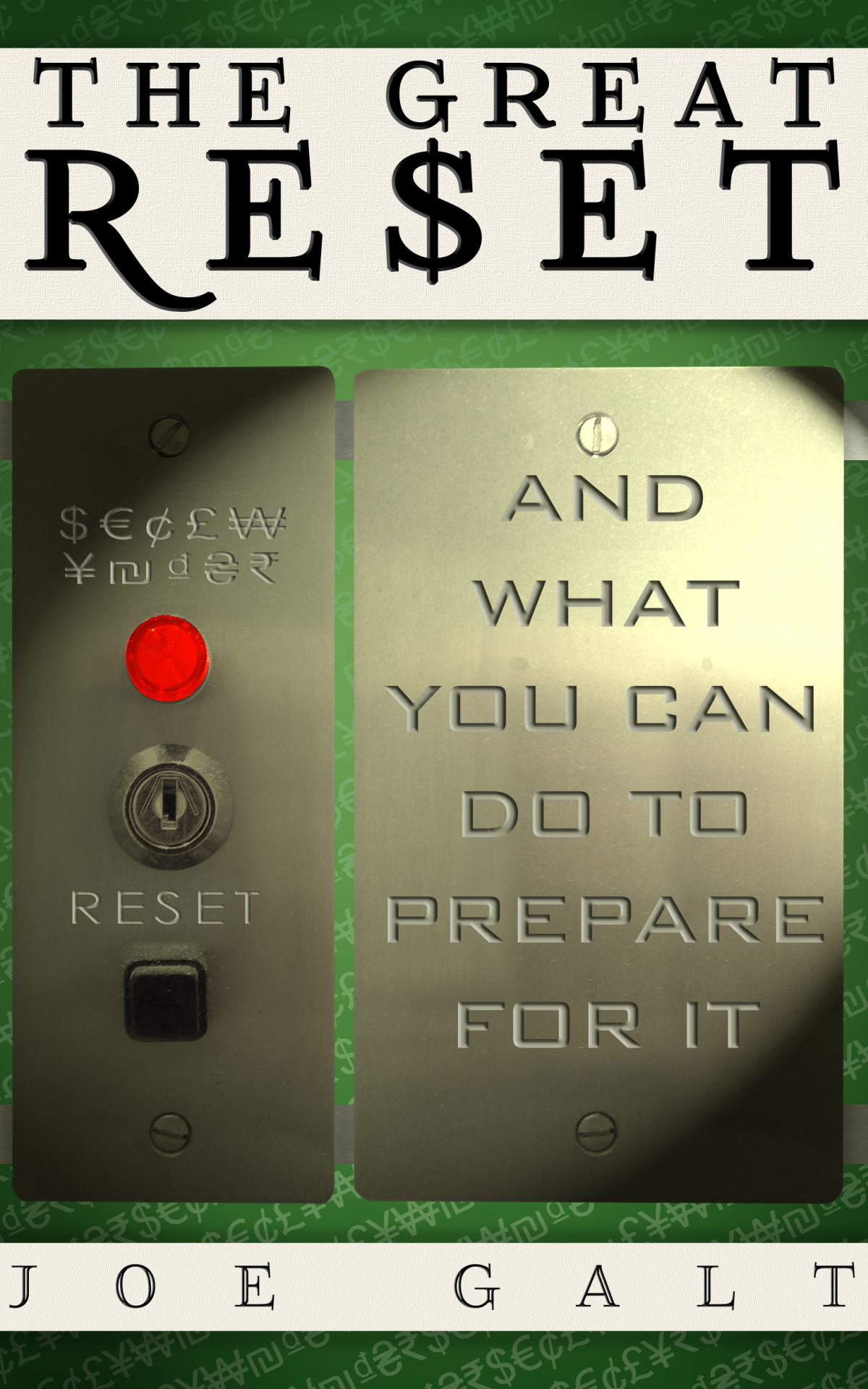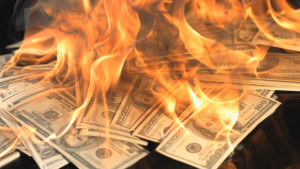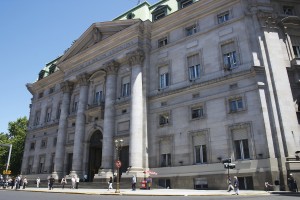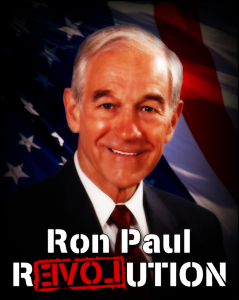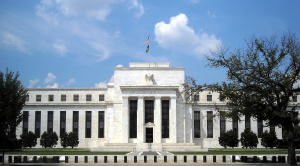submitted by jwithrow.
Journal of a Wayward Philosopher
Non-intervention is Comprehensive
February 27, 2015
Hot Springs, VA
The S&P opened at $2,110 today. Gold is checking in at $1,216 per ounce. Oil is floating around $49 per barrel. Bitcoin is up to $253 per BTC, and the 10-year Treasury rate opened at 2.02% today.
Yesterday we discussed the merits of the non-intervention philosophy specifically as it relates to natural childbirth. We realized what is true about non-intervention in childbirth is just a true about non-intervention in the rest of health care. Non-intervention is just as applicable to the fields of personal finance, economics, education, and the role of government as well. Let’s examine this in a little more detail today.
To start with, think long and hard about what you value in this life. Clear your mind and think about what’s important to you.
Notice the clutter and the conflict?
We are constantly assaulted with polarized messages on a daily basis competing for our support. Every single advertisement you see or read is designed by very skilled people to convince you that you want that particular product or service. The corporate media constantly inundates you with messages designed to drum up your support for a particular idea, policy, or position. The various institutions you are a part of (school/work/church/community service/political party/etc.) all convey different expectations for how you should live and what you should spend your time doing.
When we accept and identify with these external expectations we shift away from self-reference and end up with a piecemeal system of values and a hodgepodge of beliefs. Then we say things like:
-This religion is absolutely right and that religion is absolutely evil.
-People should spend their time doing these things but they shouldn’t be allowed to do those other things.
-Government should force everyone to comply with these policies and it should stop people from engaging in alternatives.
Why do we say these things? Because that’s what our institutions say; we substitute our own values for the values of our chosen institutions when we identify with external expectations.
The non-intervention philosophy is about getting back to what’s best for you. It’s about a self-referential reawakening. Modern society tells us that self-reference is selfish but nothing could be further from the truth. If we look within and decide it is acceptable to stand on our own values and pursue our own wants regardless of what modern culture says then we necessarily recognize that others are free to do the same. This understanding sparks a respect for non-aggression and tolerance in a world that has seemingly forgotten these ideals.
”Do unto others as you would have them do unto you.” “Love thy neighbor as thyself.” “Hurt not others.” “Live and let live.” “Laissez-faire.” Moral thinkers have come and gone throughout history and they each arrived at some variation of this same message. Let’s apply this message to our world today.
Non-intervention in personal finance is about thinking a lot but doing very little. Contrast this with mainstream personal finance which is frantic and disorganized. Jim Cramer epitomizes this on his television show where he runs around screaming “buy, buy, buy” or “sell, sell, sell”. We are sold the idea that a sophisticated financial portfolio involves moving in and out of the right stocks and that this is the key to reaching a retirement “number”. If we don’t want to do the stock picking for ourselves then we can purchase target date mutual funds that are actively managed by professionals who move in and out of stocks for us.
All of this buying and selling churns up commissions and fees and, if we follow mainstream analysis, likely gets us into stocks when they are popular and expensive and out of stocks when they are unpopular and cheap. That is to say we buy high and sell low. The rationale behind this is simple – if a stock is popular enough to warrant coverage on CNBC or in the Wall Street Journal then it is popular enough to draw a lot of attention. It would be far better to buy the stock when it is obscure, hated, and cheap then sell it to someone else if it becomes popular enough for mainstream financial publications.
When it comes to investing in equities, studies suggest it is the beta – the big picture idea – that is more important than the alpha – the individual security. In other words identifying sectors that have been beaten up but are beginning to trend higher, buying those sectors while they are cheap, and then sitting on your hands until the trend changes is the application of non-intervention in personal finance. Of course, stocks should only make up a small percentage of your asset allocation model as we have touched on numerous times here at Zenconomics.
We have also harped on the importance of non-intervention in economics on many occasions. The ‘free market’ is an incredibly complex web of exchanges created by individuals who, by acting of their own free will, engage in production and commerce. The free market sets price levels based on individual activity and these prices fluctuate in response to continued individual activity. This economic system is self-regulating and to intervene in any capacity is to distort the entire free market system.
Simply put, free markets require absolute non-intervention by definition. The moment you intervene is the moment the market ceases to be free. Somehow, however, we have accepted the idea that Ivy League graduates should be pulling strings and pushing levers to manage the economy. We put these “experts” in front of expensive computers in big government buildings and tell them to keep unemployment low and prices stable as if the economy were a simple child’s game of connect the dots. And we pretend like this is still a capitalist system.
I suspect we put up with intervention in our economy largely because our educational system conditions us to accept intervention every step of the way. Public education in the United States very clearly emphasizes invasive authoritarianism. Instead of allowing children to learn naturally by pursuing their interests, discovering their passions, and cooperating with one another, the public school system segregates children by age and lumps them into a classroom where they are told to be quiet and listen to the teacher. In school students are told what they will learn, when they will learn it, and they are permitted very little free time during the day. Then they are loaded with homework that eats up their free time after school and prevents them from pursuing their own interests. Their textbooks are homogenous, boring, and designed to be read and memorized unquestioningly. The textbooks have also been scrubbed by the Department of Education to ensure no politically incorrect material can be found on the pages. In this environment learning is seen as something to be forced on students – such is the interventionist approach.
Intervention in education promotes group-think and dependency. Non-intervention promotes self-education and self-responsibility. There is a reason why many wise and ‘successful’ people prior to the 20th century never went to school at all and it is the same reason that numerous prominent people since the 20th century dropped out of school before becoming ‘successful’ in their own way. Even Albert Einstein loathed the interventionist approach to education: ”Education is what remains after one has forgotten everything he learned in school”, said he.
Which brings us to the role of government. Regulatory democracy works hand in hand with coerced collectivism to convince people that government is some type of benevolent service organization. People have been sold the notion that the U.S. government should take care of everyone from cradle to grave, regulate all aspects of the economy, prohibit immoral or unhealthy behavior, maintain a military empire with 300 bases in 170 countries, and fight wars on poverty, drugs, and terror.
Government is more than happy to oblige by intervening in virtually every aspect of your life and the lives of those living in foreign nations that become a “strategic interest” for the military-industrial complex. The corporate news stations (CNN, MSNBC, Fox News) work diligently to promote public support for all of this government intervention and their success is nothing short of amazing. The corporate media’s marketing genius is the promotion of the left-right paradigm. These stations divide the public into a “blue” team and a “red” team and they promote the idea that the other team is the enemy. The fact is each “team” supports government intervention on a massive scale; they differ only in the prescription and distribution of this intervention.
The predictable result of all this government intervention is poverty and misery as the economy is wrecked and the currency is destroyed. F.A. Hayek pointed this out way back in 1944 in ”The Road to Serfdom” as central planning and government intervention really began to rise in popularity.
How different is this from that which is truly American? The American vision was a divergence from the mercantilist statism and bureaucratic despotism of the ancien régime. The best of the American revolutionaries envisioned a society free from politics and indeed free from any visible signs of government. They called this Liberty.
“Government is not reason; it is not eloquent; it is force”, said Washington. “Like fire, it is a dangerous servant and a fearful master.”
Sure the American experiment wasn’t perfect – there were prejudices and inconsistencies – but there was a vibrant and healthy respect for non-intervention. We would be wise to rekindle this understanding and respect.
More to come,

Joe Withrow
Wayward Philosopher
For more of Joe’s thoughts on the “Great Reset” and the paradigm shift underway please read “The Individual is Rising” which is available at http://www.theindividualisrising.com/. The book is also available on Amazon in both paperback and Kindle editions.
